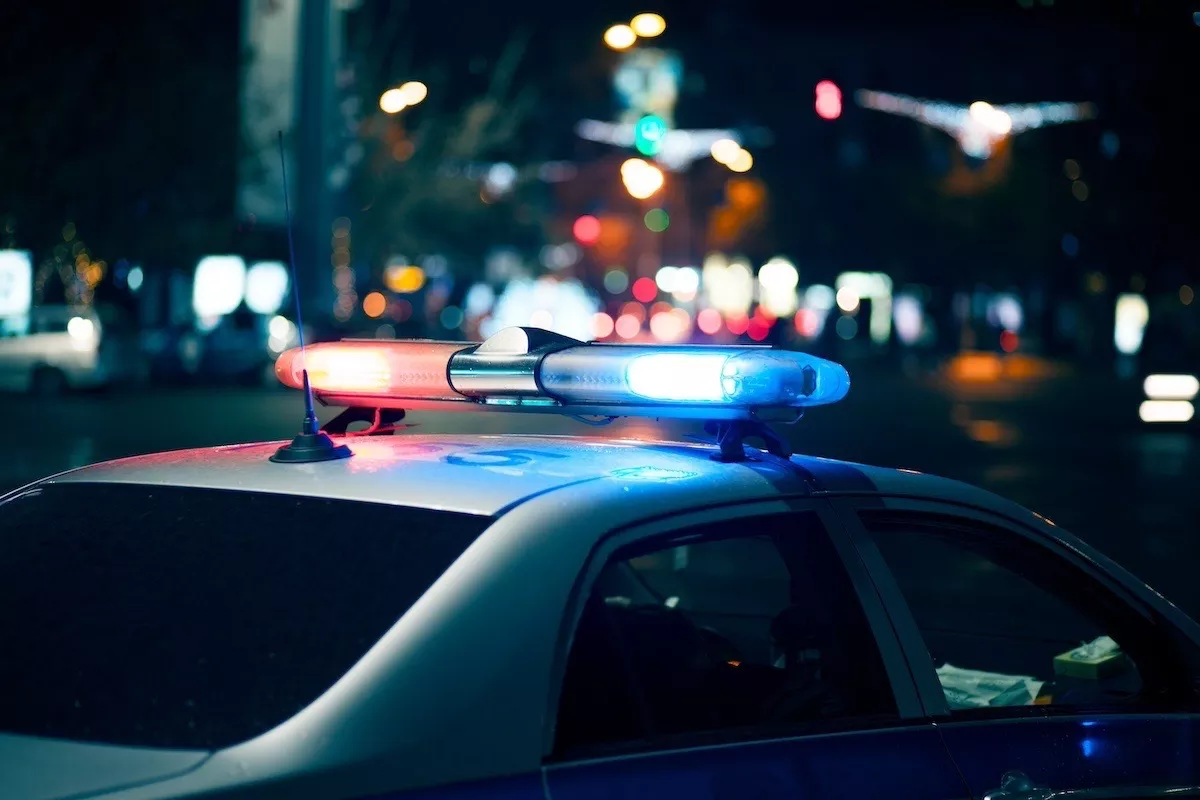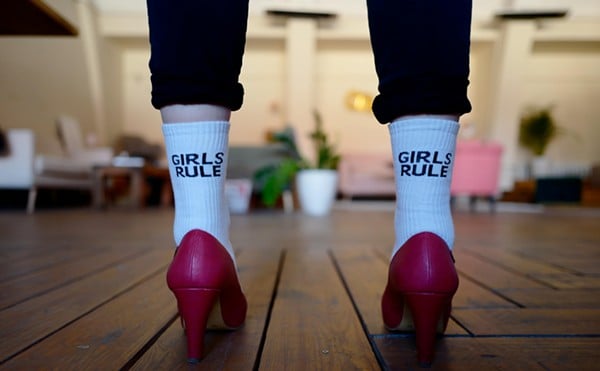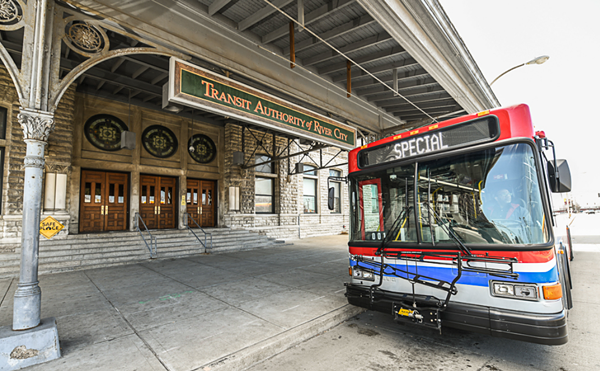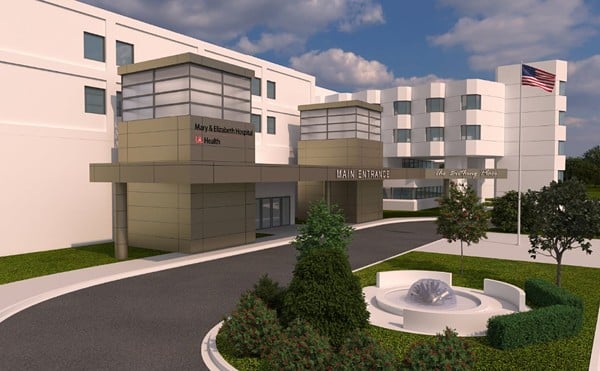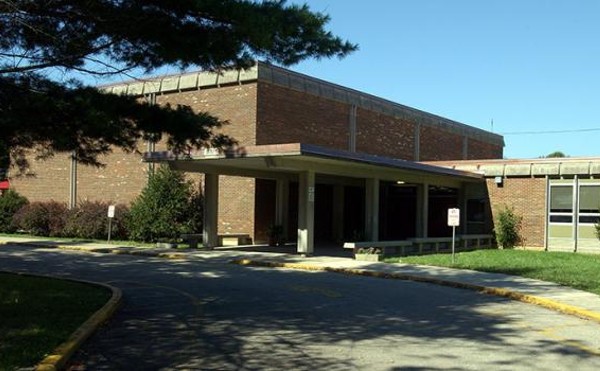What comes to mind when you hear “Defund the Police,” and/or Police Abolition? You would probably make distinctions/correlations with the Black Lives Matter movement. People who want to defund the police are often called “cop haters” but that is far from true.
What information do we want people to know about police abolition?
What is Police Abolition?
Police abolition is a process of reallocating resources, funding, and responsibility away from police, and toward community-based models of safety, support, and prevention. It is ongoing organizing that can shift to more procedures to help the people. By doing this, it is community-based and community-led services for policing.
1,186 people have been shot and killed by police in the past 12 months in the US. The number of fatal police shootings has risen drastically in recent years. Police killed the highest number of people on record in 2023. Since 2015, The Washington Post has logged every person shot and killed by an on-duty police officer here in the United States. Black Americans [6.1 per million per year for a total of 2,351] are shot and killed at much higher rates than White Americans [2.4 per million per year for a total of 4,450]. The rate per million for white Americans is half that of Black people in America. Black Americans are shot at a disproportionate rate (police also kill Hispanic Americans at a disproportionate rate). As well, most of the victims are young, more than half of the people shot and killed by police are between 20 and 40 years old.
When it comes to the phrase “Defund the Police” it is a demand to cut funding and resources from police departments and other law enforcement and invest in things that make our communities safer: quality, affordable, and accessible housing, universal quality healthcare, including community-based mental health services, safe living wage employment, education, and youth programming. To minimize crime, more police on the force shouldn’t be an option increasing jobs, educational opportunities, arts programs, community centers, and mental health resources.
In Louisville Jail, Louisville Metro Department of Corrections averaged three prisoner deaths per year. In 2022, there were 12 deaths in ten months in the Louisville, Jefferson, Co jail. Police are funded via city and county budgets, state funds, federal grants, fines and fees, assets forfeiture, contracts, and collaborations with private and public institutions like private clubs or Immigration Customs Enforcement (ICE).
In mental health crises, we have seen time again why police should not be called. The recent murder of 36-year-old Sonya Massey from Springfield, IL. is a prime example. Massey was killed by Sangamon County Police officer Sean Grayson on July 6. Sonya had a diagnosis of schizophrenia.
In a recent death at Louisville Metro Department of Corrections, 34-year-old Richard Graham, was found unresponsive in the inmate housing area from a suspected overdose. Richard’s death is the first at LMDC in nearly 18 months, but he also had several reservations about the police, including that they were intimidating him.
What are alternatives resources and organizations to 911 calls when meeting mental health needs, etc?
Instead of calling the police, here are resources and organizations that can serve as an alternative:
Housing
Healthcare for Homeless Veterans,
they connect eligible veterans with healthcare, transitional and permanent housing
(502) 287-4278
Kentucky Housing Advocates
Housing support and advocacy services and referrals, focused on young adults ages 18-25 and their children
(502) 548-7605
https://www.kyhousingadvocates.com/
Veterans National Homeless Hotline
24/7 Hotline connecting callers to free services in their area
1 (877) 424-3838
Volunteer of America - Eviction Prevention Program
Volunteers of America’s Eviction Prevention Program stabilized resident families and individuals living in Louisville Metro Housing Authority properties by preventing evictions through financial assistance, crisis intervention, mediation, and collaborations with other service providers.
(502) 568-1438
https://www voamid.org/ectionprevention
LGBTQ
The Center for Women & Families
Kentuckian services for rape crisis or intimate partner violence. Specialized services for LGBTQ+ intimate partner abuse
1 (844) 237-2331
https://www.thecenteronline.org/get-help/lgbtq/
Mental Health
Centerstone Mental Health Crisis Hotline
Confidential 24/7 crisis hotline provides mental health counseling and referrals; rapid assistance through the crisis line.
1 (800) 832-5442
https://centerstone.org/programs/
crisis-line-24-7-365-800-832-5442
Hope Now Crisis Line
1 (800) 221-0446
(502) 589-4313
TDD (502) 589 -4259 or 1 (877)589-4259
Domestic Violence & Sexual Assault
The Center for Women & Families
Kentuckian services for rape crisis or intimate partner violence.
1 (844) 237 - 2331
https://www.thecnteronline.org/
Safe Harbor of Northeast Kentucky
Safe Harbor of Northeast Kentucky is an emergency shelter and advocacy center that provides confidential, caring, and supportive services to all domestic violence victims in Boyd, Greenup, Carter, Lawrence, and Elliot counties. Safe Habor’s services are free to all victims of domestic violence.
1 (800) 926-2150 (24-Hour Crises Hotline)
https://www.safeharborky.org/
Youth
Clark County Youth Center & Family Services
Crisis intervention is provided in person at the Shelter or by telephone 24 hours per day, 365 days per year. Contacts or calls may be from youth or adults concerned about a youth.
(812) 284-5229
https://www.ccysfs.org/
YMCA Safe Place Services of Louisville
Street outreach, trauma-informed care, family meditation services, and youth mentoring. Confidential resource for youth, teens, and young adults.
(502) 635-5233 pr text SAFE and your current location to 69866 for the location of the nearest physical Safe Place 24/7.
It is an ongoing process, that can shift procedures to help people and keep our communities safer. This won’t get rid of police but can assist in supplanting oppressive police systems that do not hold our best interest.
“I am no longer accepting the things I cannot change. I am changing the things I cannot accept.” — Angela Davis

